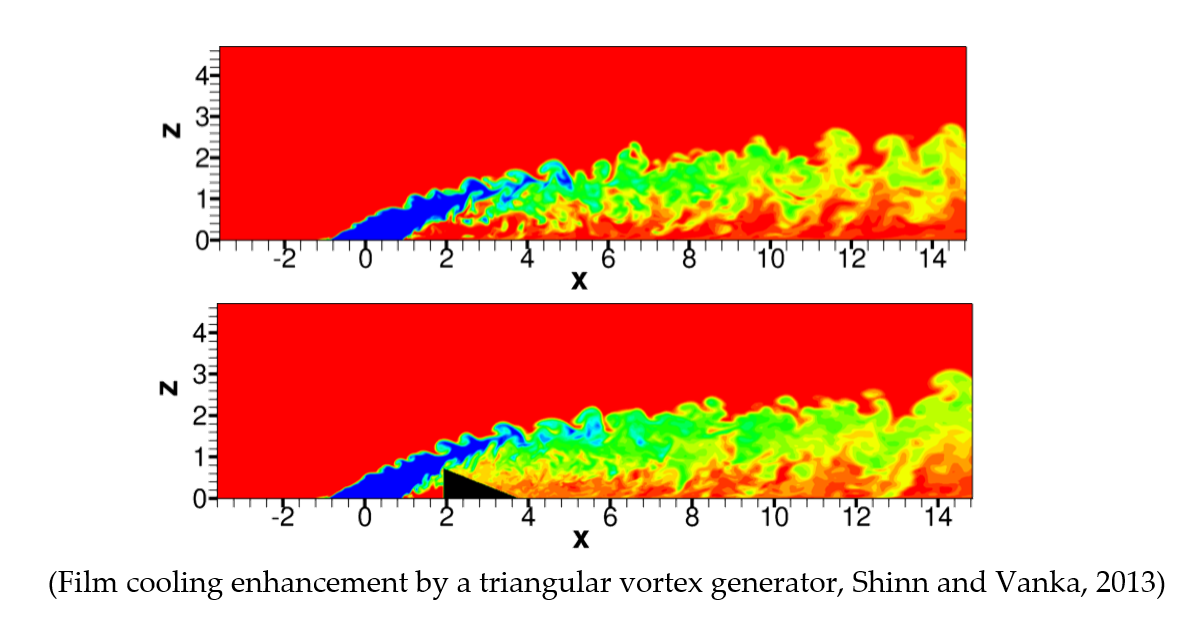- 1.8Impact Factor
- 4.0CiteScore
- 22 daysTime to First Decision
Quantum Computing for Flow Simulations
This special issue belongs to the section “Mathematical and Computational Fluid Mechanics“.
Special Issue Information
Dear Colleagues,
In the past several decades, various computing architectures (vector computers, data-parallel computers, shared and distributed memory computers, GPUs, TPUs, etc.) have been developed. All these have been based on the traditional (0, 1) bit concept. Quantum computing offers a paradigm shift in dramatically increasing computing power, using the concept of qubits. The Fluids journal is planning to publish a Special Issue entitled “Quantum Computing for Flow Simulations” to assess the current state of science and applications of quantum computing for flow simulations. Fluids is inviting leading researchers in quantum computing to submit original unpublished work to this Special Issue. Review papers highlighting the successes and challenges in computing fluid flows using QPUs are also encouraged. Algorithms, performance, and applications to flows are particularly encouraged. Submitted papers will be promptly reviewed and published in a timely manner.
Prof. Dr. Surya Pratap Vanka
Prof. Dr. Ramesh Agarwal
Guest Editors
Manuscript Submission Information
Manuscripts should be submitted online at www.mdpi.com by registering and logging in to this website. Once you are registered, click here to go to the submission form. Manuscripts can be submitted until the deadline. All submissions that pass pre-check are peer-reviewed. Accepted papers will be published continuously in the journal (as soon as accepted) and will be listed together on the special issue website. Research articles, review articles as well as short communications are invited. For planned papers, a title and short abstract (about 250 words) can be sent to the Editorial Office for assessment.
Submitted manuscripts should not have been published previously, nor be under consideration for publication elsewhere (except conference proceedings papers). All manuscripts are thoroughly refereed through a single-blind peer-review process. A guide for authors and other relevant information for submission of manuscripts is available on the Instructions for Authors page. Fluids is an international peer-reviewed open access monthly journal published by MDPI.
Please visit the Instructions for Authors page before submitting a manuscript. The Article Processing Charge (APC) for publication in this open access journal is 1800 CHF (Swiss Francs). Submitted papers should be well formatted and use good English. Authors may use MDPI's English editing service prior to publication or during author revisions.
Keywords
- quantum computing
- computational fluid dynamics
- scientific computing
- turbulence
- quantum linear solvers

Benefits of Publishing in a Special Issue
- Ease of navigation: Grouping papers by topic helps scholars navigate broad scope journals more efficiently.
- Greater discoverability: Special Issues support the reach and impact of scientific research. Articles in Special Issues are more discoverable and cited more frequently.
- Expansion of research network: Special Issues facilitate connections among authors, fostering scientific collaborations.
- External promotion: Articles in Special Issues are often promoted through the journal's social media, increasing their visibility.
- e-Book format: Special Issues with more than 10 articles can be published as dedicated e-books, ensuring wide and rapid dissemination.

